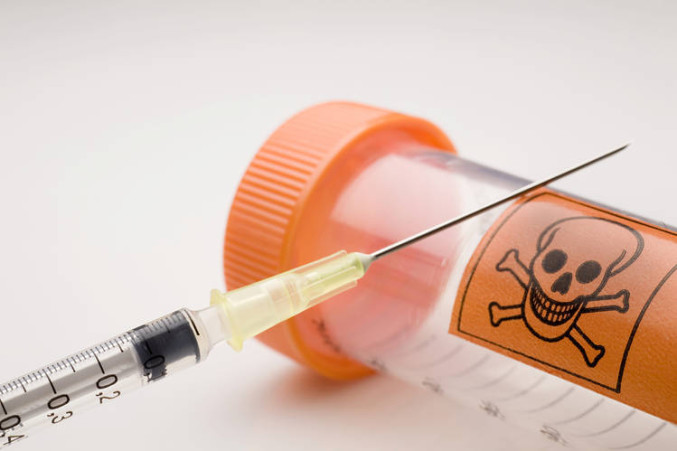Around twenty-five percent of Dutch deaths are induced by doctors, according to an analysis by the Guardian newspaper. In figures from 2017, some 1,900 Dutch people ended their lives through assisted suicide. However, the number of people who died under palliative sedation was 32,000. In theory, that should mean succumbing to their illness while cocooned from physical discomfort, but in practice it often means dying of dehydration while unconscious. Altogether, well over a quarter of all deaths in 2017 in the Netherlands were induced.
Writing in National Review, Wesley Smith of the Discovery Institute explained that the palliative sedation (which eases a dying patient’s symptoms while not intentionally causing death) being practiced in the Netherlands is in effect ‘terminal sedation’.
He added that induced deaths have expanded from the terminally ill who ask for it, to the chronically ill who ask for it, to people with disabilities and the elderly who ask for it, to people with dementia, psychiatric patients with mental illness, and the infanticides of babies born with serious or terminal illnesses or disabilities, who don’t have the capacity to ask for it.
There have been joint geriatric killings of couples fearing widowhood. In 2015, Dutch statistics revealed that 431 patients were killed by doctors who never asked for euthanasia–known in the lexicon as “termination without request or consent”–with next to nothing done about it even though such unasked-for lethal acts are technically murder under the law.
















